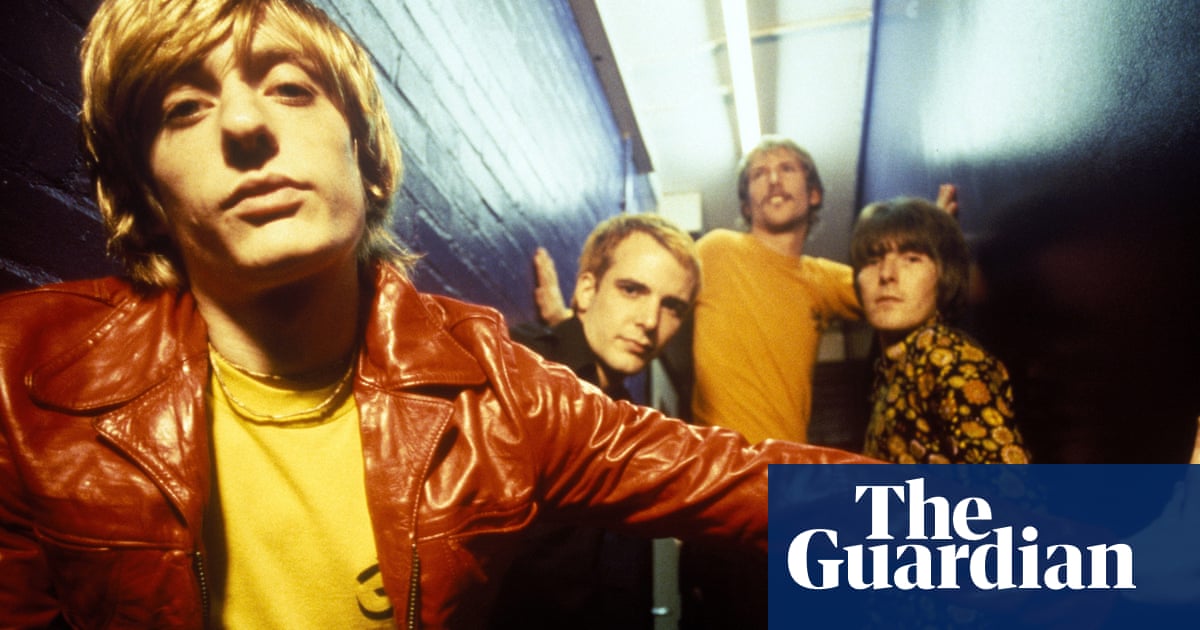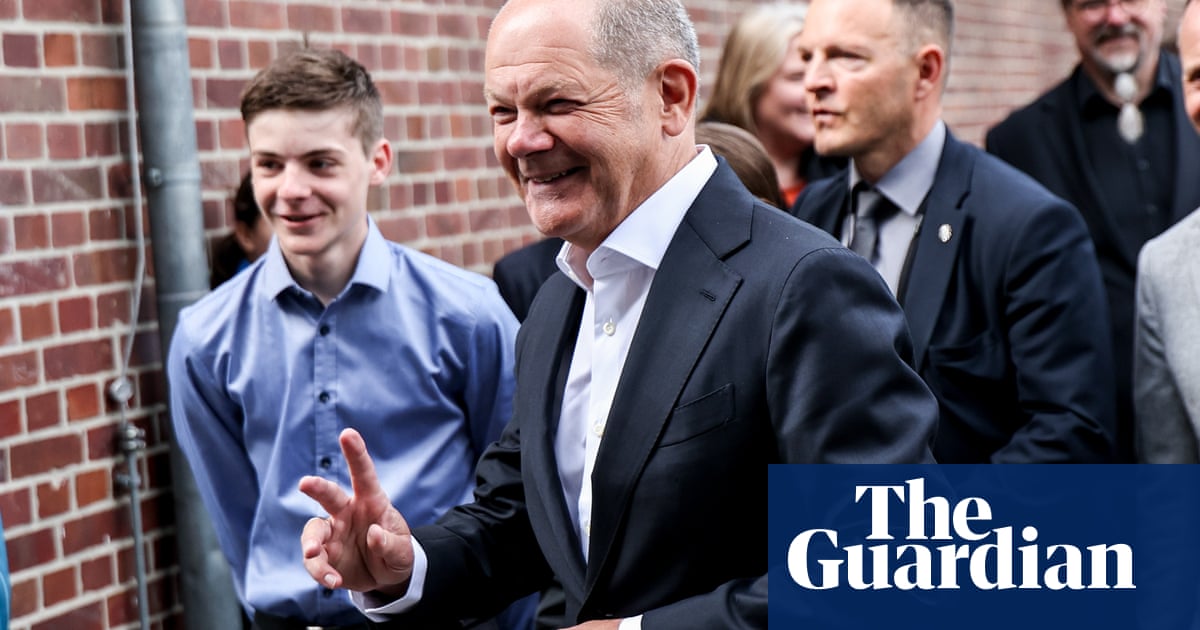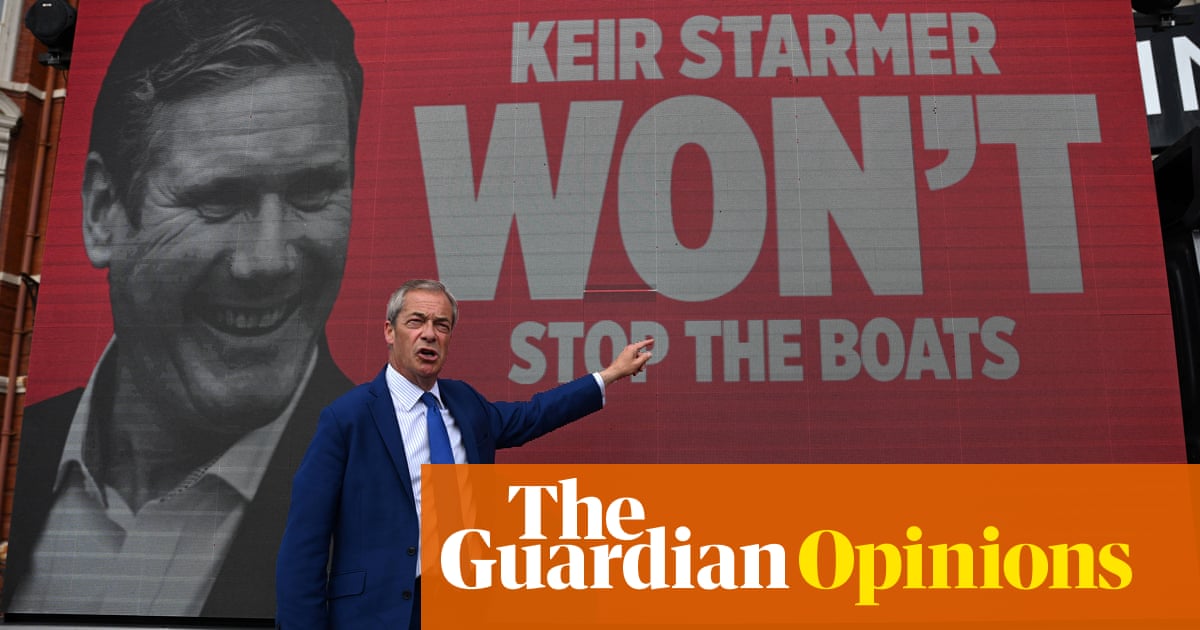Young musicians have so little to say. Give me a rocker in his later years any day. Ask him about his childhood, his relationship with his mum, his painful lifelong love affair with his lead guitarist. Many belong to a specific anthropological group: born after the war, they got their first guitars on hire purchase and went on to date the aristocracy. They became my specialist subject as a journalist: it was impossible to resist the combination of vulnerability, extreme oddness and sharp business nous I found in so many, while others were living in strangely compromised circumstances despite years of deathless hits. I was particularly drawn to those who had continued a career under the radar, or who had slipped under it but hadn’t quite noticed.
It was a strange subject to pursue, but always a labour of love – because on some level, I felt a strange identification with these “cosmic dads” of rock’n’roll. The obsession has culminated in a book, Men of a Certain Age. Here are 10 things I learned in the course of writing it.
They’re victims of dental crime
According to guitarist Jeff Beck, the rock star’s distinctive “egg-timer” face (sunken cheeks, faintly simian) was the result of bad 1960s dentistry and a teenage lust for sweets. A man on a flying horse would be hard-pressed to pull Beck out of a lineup with Ronnie Wood, Mick Jagger and Keith Richards. He was the inspiration for Nigel Tufnel from Spinal Tap and his stage gear was designed by Hilary Wili, who did the costumes for Downton Abbey. (“She still finds time to stitch me something.”) With their little legs, narrow hips and mysterious “proceeding” hairlines, rockers often look like pickled versions of the boys they were when they first picked up a guitar.
Their minds operate on a militaristic scale
Greg Lake, talking about Emerson, Lake & Palmer’s biggest gigs, once told me: “I’ve never seen so many people together in one place, apart from in a war.” Paul O’Neill, of the US prog outfit Trans-Siberian Orchestra, claimed to have walked in disguise among his audience before a show in Germany like Henry V before Agincourt. There he met two Sunni Muslims from Iraq and, 90ft away, two Shia Muslims from Iran: “God forbid, two years from now, they end up in two different militias and recognise each other,” he told me. “They would unchamber their weapons and say, ‘Hey, weren’t we at a TSO concert together?’” Many US rockers see themselves as quasi-political figures, ambassadors of western might.

They’re self-made men
This is why Sting is beloved in America. He grew up in the shadow of a 10,000-tonne ship in the docks of Wallsend. One was built and launched every year, a constant cycle of constraint and departure. The Queen Mother attended one of the launches and waved at him from her car. He told himself: “One day, I’ll be on the inside of a car like that.” His father was a milkman, and Sting and his brother would be at the dairy at 4am. The class divide between him and his bandmate Stewart Copeland, son of a CIA diplomat, fuelled much press in the early days. “I developed no accent,” he told me. “Now I only speak Geordie when I’m angry – and I can speak it well.”
Their wives make sure they behave
Rock wives correct mistakes, monitor manners and oversee the business side of things. Gene Simmons claims to have slept with 4,600 women. By the time I met him in Moscow, he was married to Shannon Tweed, a former erotic-thriller actor known for her work in Meatballs III. She was there at the table, flicking through Time magazine. Gene talked about the postwar British diet, citing faggots (lowgrade meatballs) in gravy. Tweed read a definition of faggots from her phone in a slow, Beverly Hills voice: “A bundle of pieces of iron or steel to be welded, rolled or hammered together at high temperature.” “It’s a question of semantics,” said Gene. “Though I’m not anti-semantic.” She told him to finish his porridge. “You’re burping while talking,” she added. “I was?” he said. “At least I didn’t fart.”

They like to mock themselves
“You find the truth by ridiculing yourself,” Johnny Rotten told me. Punk is the most exhausted story in pop music but Rotten speaks in strange, fresh phrases, as though he’s found a way to keep himself interested. “Vivienne’s clothes were always awful,” he volunteered of Westwood. “All those zips – she had no concept of men’s dangly bits.” Shaun Ryder was similar, spectacularly engaged for someone so blasted by drugs, and strangely amused by the interview and portrait process. His hair had recently fallen out after testosterone injections for an underactive thyroid – head, eyebrows, chest and nethers. He could have been self-conscious, but he made it part of the act as he peered at the photographs and said: “I look like Uncle Fester.”
They pine for the sheepskin rug days
Rock stars are from another age, when journalists and musicians hooked up on sheepskin rugs and wrote features together in blissful, claret-fuelled symbiosis. After four days with the Soft Machine exile Kevin Ayers in Carcassonne, he made a little bed up for me in his large, empty house. Later, as his manager explained that no romance was to take place, I heard a brief crashing of pots and pans. It’s a shame this all sounds a bit #MeToo in hindsight. It really wasn’t.
after newsletter promotion

They like being interviewed by women
Rock journalism is the only place where writers are obsessive fans – though usually pretending not to be. From the late 1960s on, it was a male domain, and male journalists were often at pains to compete with them and disguise their admiration, making statements such as: “Let me tell you why your second album tanked.” Time and again, I have seen relief on the face of a rocker as I enter the room, a loosening of the shoulders. He would then tell me things he wouldn’t tell a man, probably thinking: “Ah, it’s just a girl!”
They long to play their new stuff
Bruce Hornsby had a big hit in 1986, The Way It Is, and found a way to live well off it by allowing lucrative cover versions by various rappers, most notably Tupac Shakur. These helped finance his life of bluegrass, jazz and atonal pointillism in the concert halls of middle America. “Look, if you really hate it, don’t come back,” he said of this new material. “You should not come back, because I am not going to be a vehicle for your stroll down memory lane.” I love these figures who found a way to play only the music they wanted. Jeff Beck was asked to join the Stones once, but told me: “I wouldn’t have been my own master – and that would be my whole being truncated.”

They love a rivalry
The artist formerly known as Terence Trent D’Arby, now Sananda Maitreya, made plenty of records but struggled to listen to them. His exit from the industry, after his second album flopped, was too painful to recall. Yet like all the best rock stars, he knew the value of his story and exaggerated his musical rivalries. Claiming that Lenny Kravitz was a “cheaper model” of himself, he announced: “Record companies say, ‘Hey, if you like this asshole, you’re going to like this asshole, plus we’re making a higher margin on this asshole!’” I even found a poem on his website to his old nemesis. It was called Lenny K and read: “Fear not / Your girls are safe! / I’ve got an Italian girlfriend now / And my leash is pretty short.”
Their feelings are easily hurt
Queen were always suspicious of journalists, ever since the NME ran a piece about Freddie Mercury with the headline: “Is this man a prat?” I chose a clumsy moment to ask Brian May why the press hated Queen: he was trying to swallow a piece of goat’s cheese. “I don’t know,” he winced. “Why don’t you ask them what their problem was?” Sitting in his dressing room, Paul Stanley of Kiss put it like this: “The press’s dislike of Kiss was so out of whack, so out of proportion, you almost have to look at someone and go, ‘Who beat you as a child?’”

 6 hours ago
11
6 hours ago
11













































